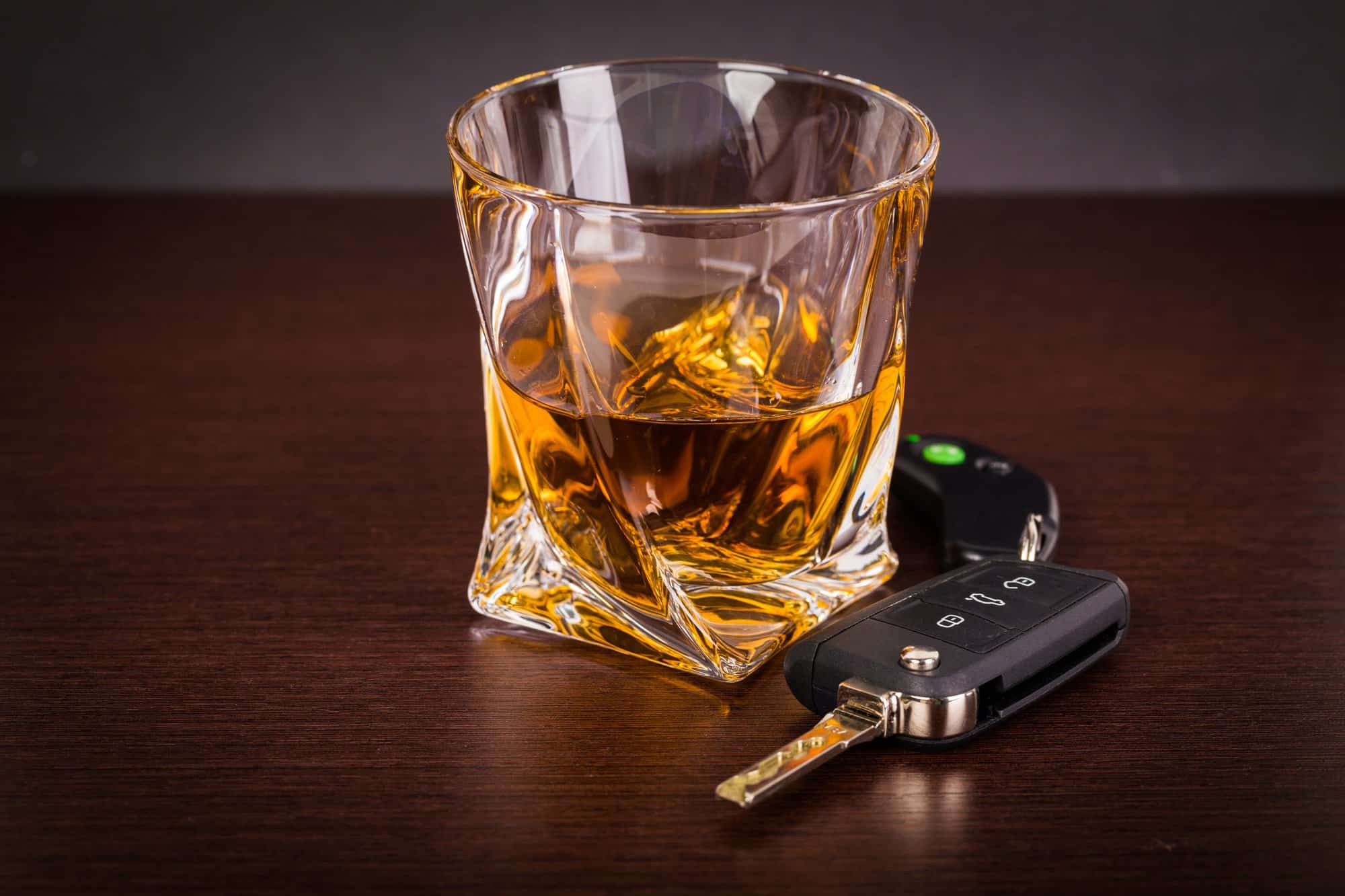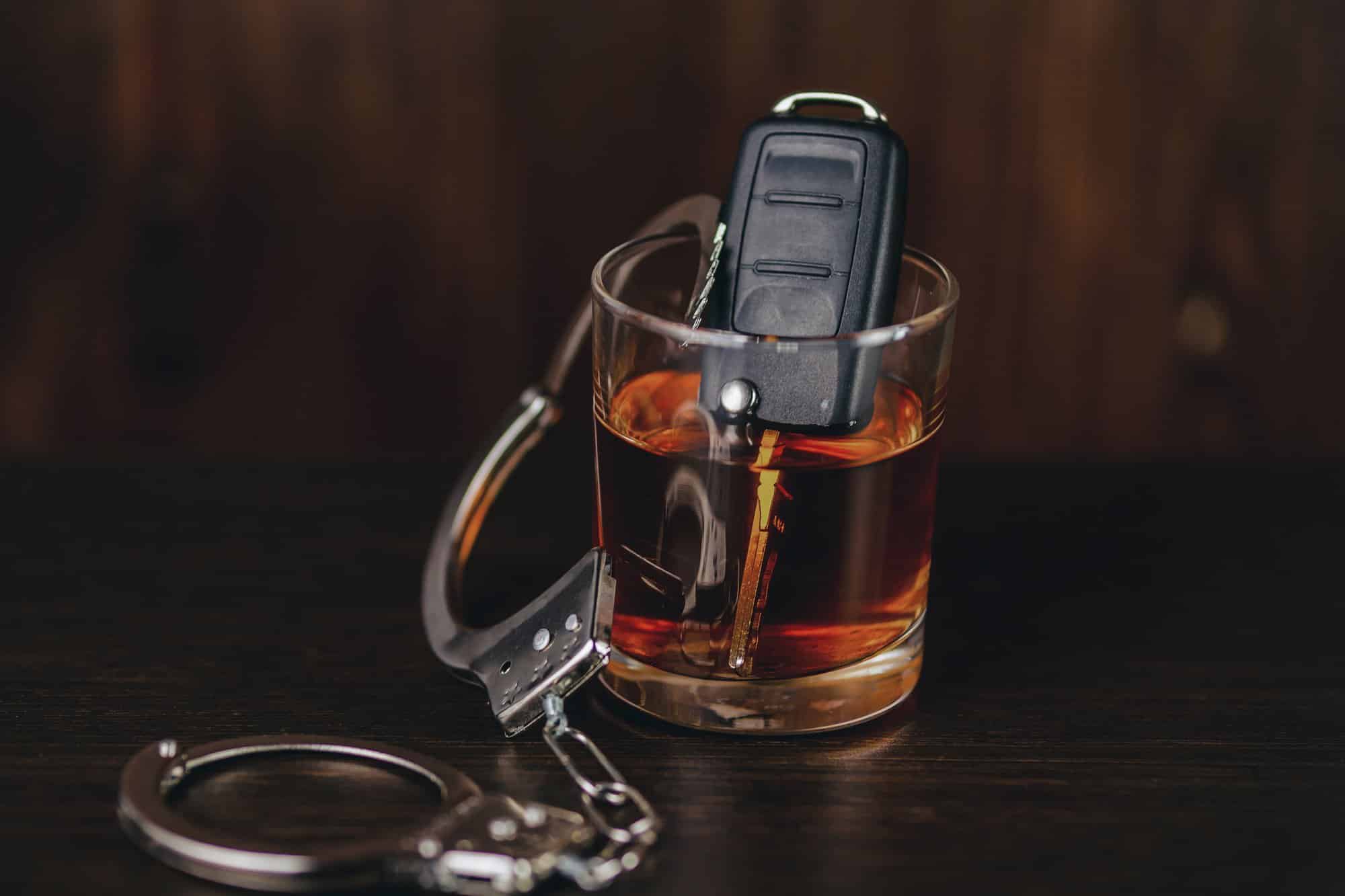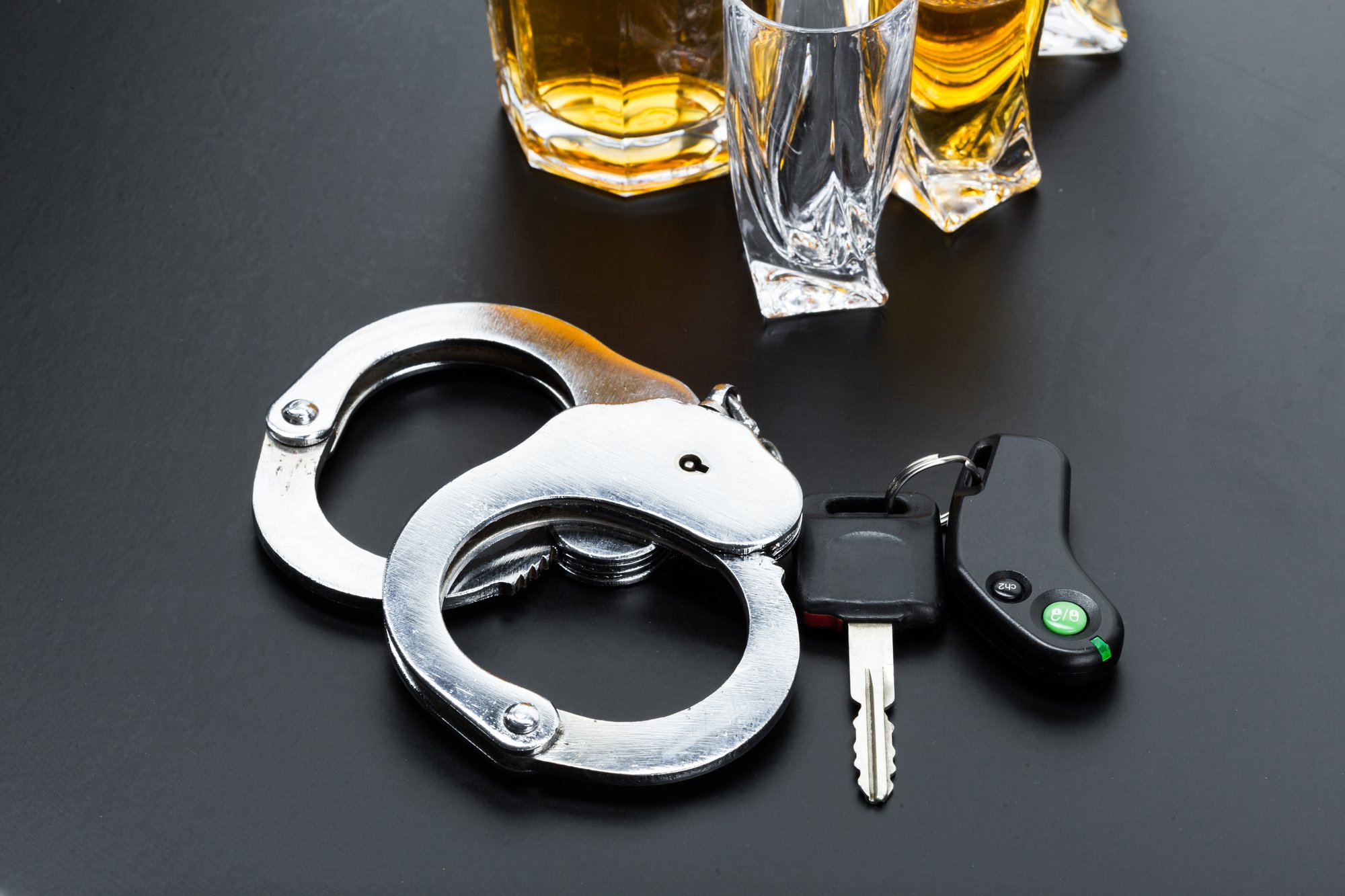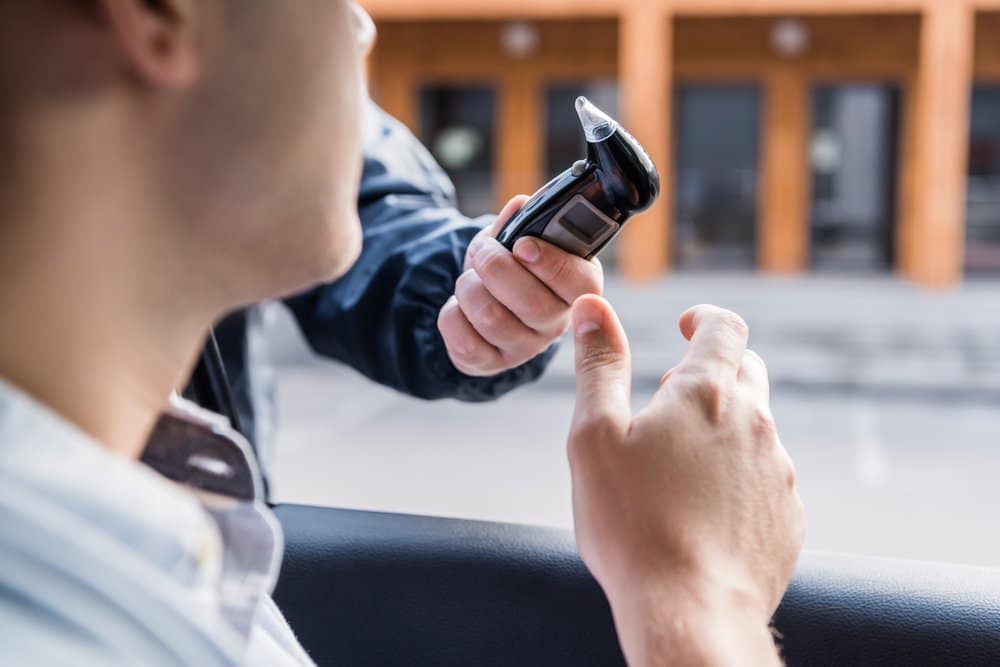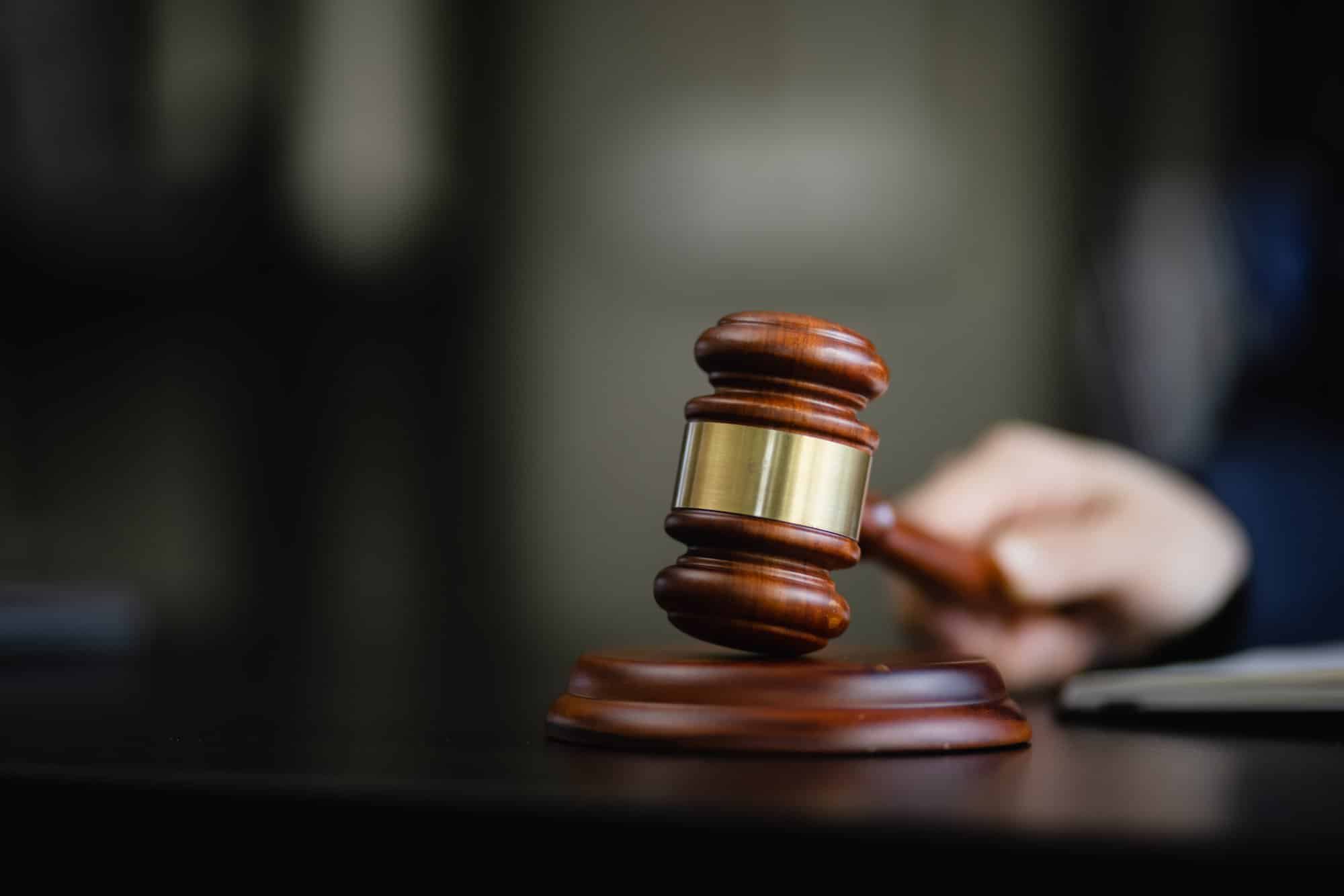New York has some of the toughest firearms laws in the nation. While strict penalties are imposed for possessing an unregistered firearm, legislation was enacted in 2022 that strengthened the state’s laws regarding ghost guns. These types of guns are those that do not have serial numbers and typically assembled using kits, individual parts, or 3-D printing. Critically, the new legislation criminalizes not only the possession of a ghost gun — but it also prohibits the possession of the major components of a firearm by anyone other than a licensed gunsmith or dealer.
What are New York’s Ghost Gun Laws?
Under New York law, a ghost gun is defined as any firearm, rifle, or shotgun that is not serialized. Without a serial number or other manufacturer marking, these weapons can’t be registered with a law enforcement agency — and are thus, untraceable. While New York law has long prohibited individuals from possessing unregistered firearms, the recently enacted legislation also bans individuals from possessing the parts and components to make or assemble them.
Specifically, the Scott J. Beigel Unfinished Receiver Act establishes the crime of the criminal sale of an unfinished frame or receiver. The Jose Webster Untraceable Firearms Act amended the New York Penal Law to define the words “serialized” and “ghost gun.” These laws make it illegal not only to possess a ghost gun, but they also ban individuals from selling, exchanging, giving, or disposing an unfinished frame or receiver. New York law also prohibits shipping ghost gun kits or components such as unfinished frames and receivers to addresses in the state.
What are the Penalties for Possessing a Ghost Gun in New York?
The criminal penalties associated with violating the laws concerning ghost guns are severe. If an individual is found guilty of possessing a ghost gun, they can be convicted of a Class E felony. Punishment can include a jail sentence of four years, five years probation, and a fine up to $5,000. In order for a jury to find someone guilty of unlawfully possessing a ghost gun, the prosecution must prove each of the following elements beyond a reasonable doubt:
- On or about a certain date, the individual possessed a ghost gun
- The individual possessed the gun knowing it was a ghost gun
- The individual was not a dealer in firearms or licensed as a gunsmith
- The ghost gun was operable
Additionally, a person who sells an unfinished frame or receiver can also be charged with a Class E felony — or they may face a Class D felony charge and a jail sentence of seven years, depending on the circumstances. In these cases, the prosecution must prove that the individual possessed an unfinished frame or receiver on or about a certain date with the knowledge that it was an unfinished frame or receiver, and they were not a licensed gunsmith.
Contact an Experienced New York Criminal Defense Attorney
Not only can a firearms offense conviction result in jail time and substantial monetary fines, but it can also mean loss of your civil liberties and a lifelong criminal record. If you were arrested for a firearms crime, it’s crucial to have a skilled criminal defense attorney by your side to fight for your rights. The criminal defense attorneys at D’Emilia Law provide high-quality representation and aggressive advocacy to those who have been charged with firearms-related offenses and work to secure the best possible results in their cases. To schedule a consultation, contact us at 1-888-DEMILIA.


